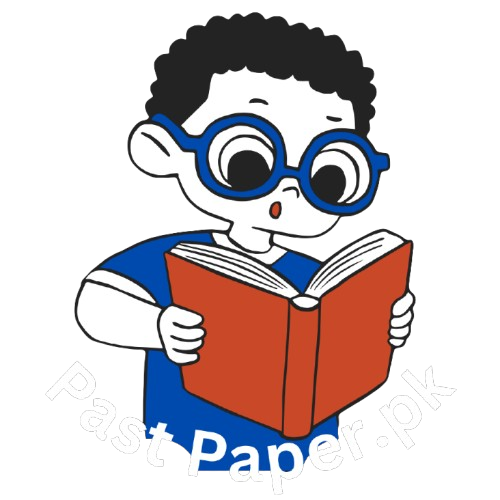CSS Public Administration Past Paper 2024
PART-2(Subjective) 80 Marks
Attempt ONLY FOUR questions from PART-II. (20×4)
PART-II
Q. No. 2. To a large extent, the contemporary concept of political neutrality grew out of 19th-century civil service reforms. How do you look at these reforms in the following statements in relation to Pakistan?
a. Public sector employees should not use their positions to advance the general political goals.
b. Public administration is not a politically neutral managerial setup; rather, it should be considered in terms of political choices.
Q. No. 3. Many observers feel that contemporary HRM practices in public sector organizations are too complicated to be efficient. In view of this, comment on the following with reference to Pakistan:
a. Recruitment, training, employment, and development of human resource processes in the public sector. Highlight shortfalls.
b. Accountability, performance evaluation, and promotions/rewards of public sector employees. Highlight shortfalls.
Q. No. 4. Corruption is defined as betrayal of public trust for private/personal interest. In view of this, answer the following questions:
a. What are the main reasons for corruption in the public sector and how does it affect organizational functioning?
b. As a member of civil society, what measures would you suggest to apprehend this practice and become a model setup?
Q. No. 5. In public administration, discretionary powers refer to the public officeholder’s authority to make, interpret, and regulate policies. In view of this, answer the following questions:
a. What are the merits and demerits of discretionary powers with respect to organizational functioning?
b. In countries like Pakistan, do you support or oppose such powers in public administration? Give rationale in either case.
Q. No. 6. Theories of public administration provide an intellectual base for formulating sound policies. In this context:
a. Enlist contemporary public administration theories. Explain two theories from these for their application in Pakistan.
b. How would you differentiate between the Classical and New Public Administration approaches? Relate them to Pakistan’s public sector.
Q. No. 7. Writers on public administration in the South Asian perspective opine that in corridors of high power, politicians use civil servants to realize their political/personal interests, which in turn encourages nepotism and favoritism. In view of this, comment on the following:
a. Politico-social structure of Pakistan and its influence on the bureaucratic functioning of the public administration mechanism.
b. Role of technology, including e-administration like e-governance, in making the systems free of possible malpractices.
Q. No. 8. Politicization of the bureaucracies is a common thread that runs through all civil services, especially in South Asia. Hence, civil servants face difficult situations. Under this kind of situation, answer the following questions:
a. What lessons can be learned from the public administration of the Western world, applicable in countries like Pakistan?
b. What strategy would you suggest for Pakistan to keep public administration free of politicization?
